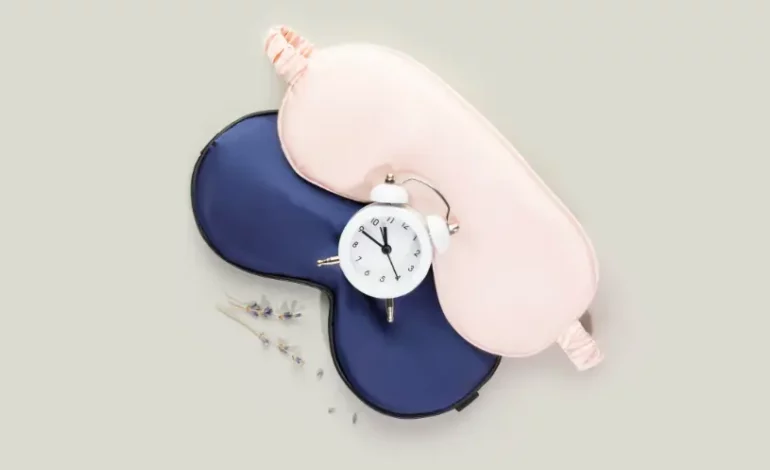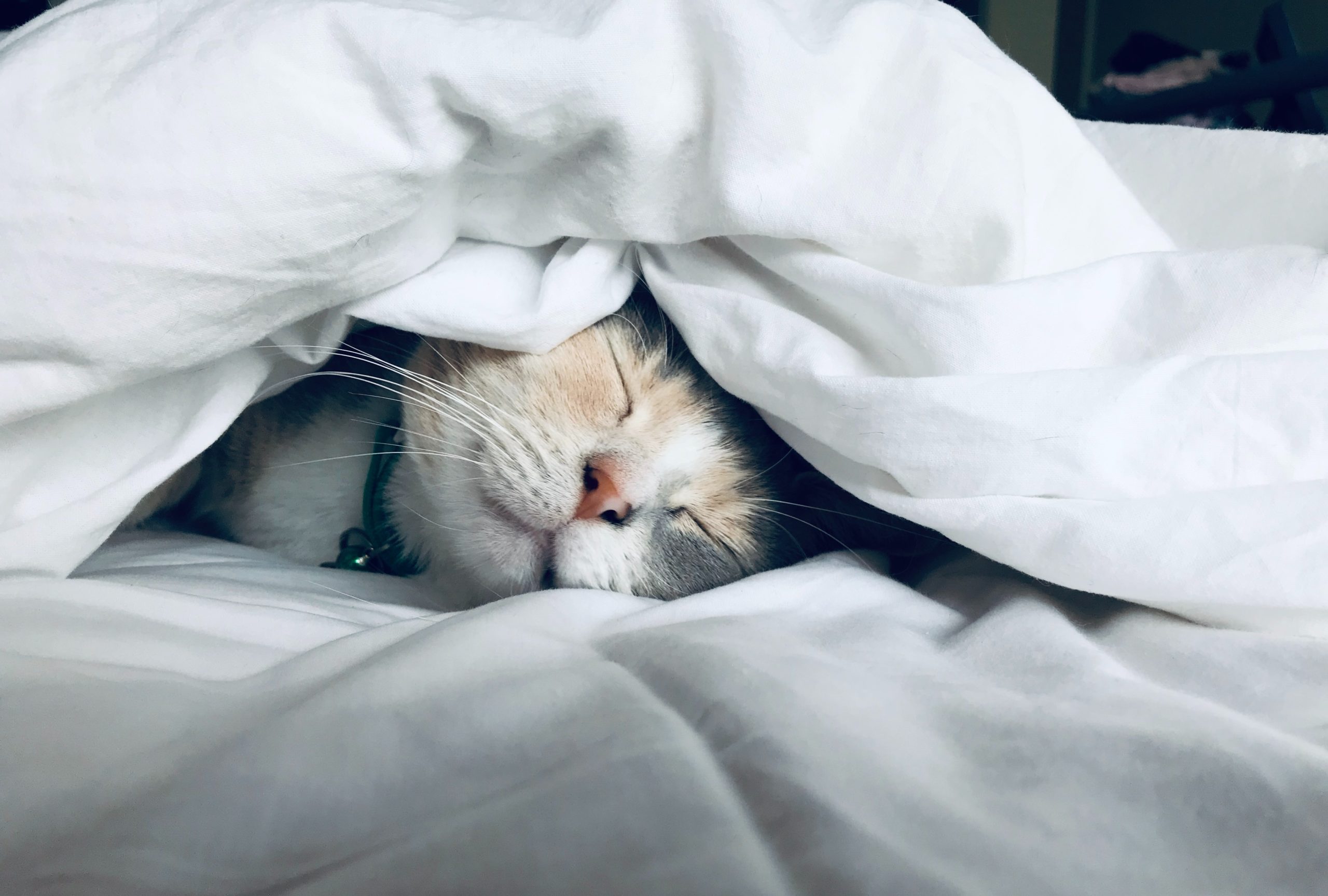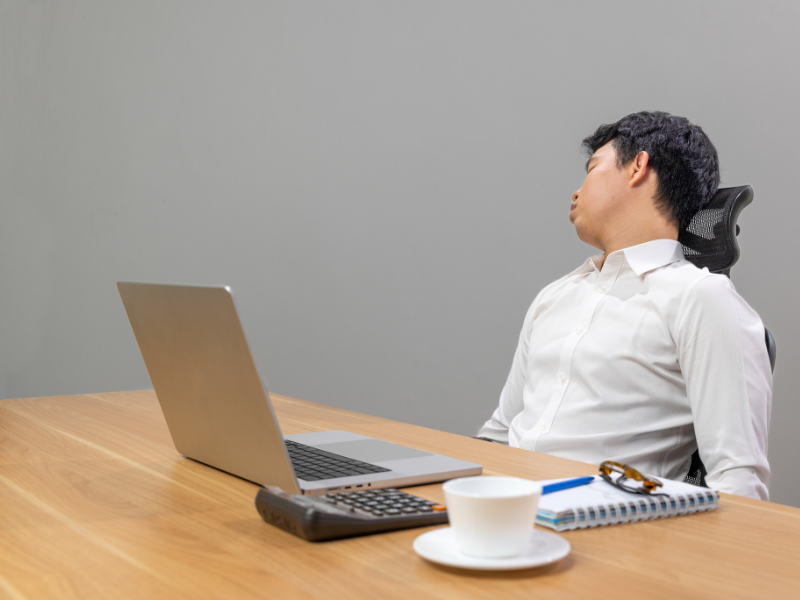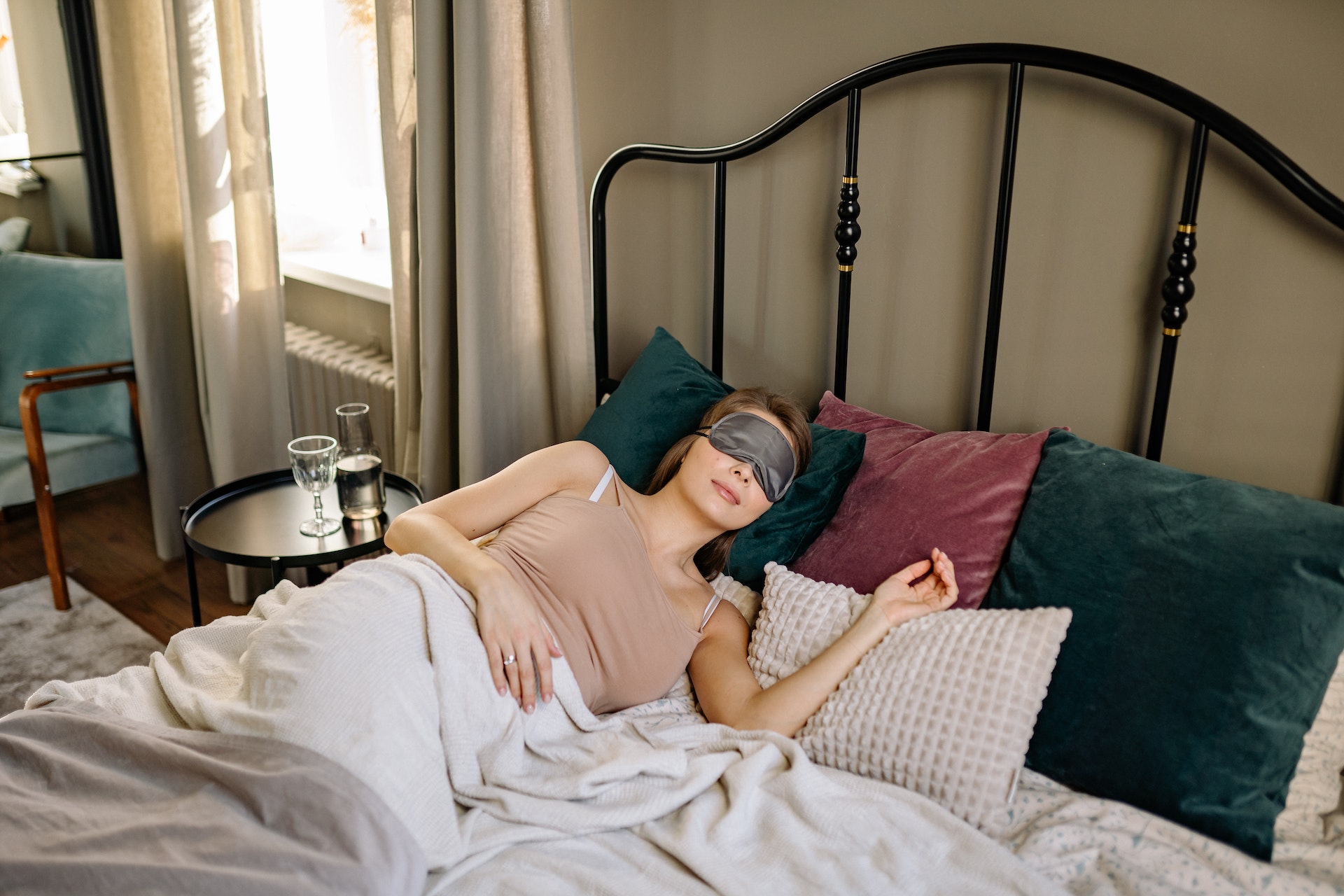Tips for Sleeping Well After a Night Shift

Do you work the night shift and struggle to sleep soundly? Don’t worry, you’re in the right place! In our latest article, we’ll tell you how to ensure restorative sleep after working the night shift. Rest deeply and wake up full of energy – here are the best tips for anyone looking for peace of mind after a night full of activity. So get ready for a good dose of practical tips that will help you enjoy quality sleep even after a hard night shift!
Create a Dark and Quiet Sleep Environment
To ensure a healthy night’s sleep after a night shift, creating a dark and quiet sleeping environment is key. Start by covering the windows to limit incoming sunlight or streetlights, which can interfere with your recovery. Darkness signals to your body that it’s time to rest.
In addition, it’s a good idea to ensure silence in the bedroom – turn off electronic devices that emit sounds, and get soft earplugs if noise is a problem for you. A quiet atmosphere is conducive to a deep sleep and better rest after a hard night’s work.
Also, don’t forget about the right temperature – cooler conditions are conducive to sleep. Therefore, before going to bed, check if the temperature in the bedroom is comfortable for you – not too hot or too cold. These simple steps will help you create the perfect environment for recovery after a demanding night full of activity!
Establish a Consistent Sleep Schedule
Regular sleep patterns are essential for those working night shifts. By establishing a consistent sleep schedule, you can train your body to rest effectively during the day. Try to go to bed and wake up at the same time every day, even on weekends, to regulate your internal clock.
Creating a bedtime routine can signal to your brain that it’s time to wind down. Incorporate relaxing activities like reading or taking a warm bath before going to sleep. Avoid using electronic devices that emit blue light as they can interfere with melatonin production and disrupt your sleep.
If possible, make your bedroom conducive to sleeping by keeping it dark and quiet during the day. Invest in blackout curtains or an eye mask if necessary and use earplugs or white noise machines to block out any disturbances.
By sticking to a consistent sleep schedule, you can improve the quality of your rest after working night shifts. Remember that everyone’s ideal bedtime may vary, so find what works best for you and prioritize getting enough hours of uninterrupted sleep each day.
Use Relaxation Techniques to Wind Down
After a night shift, it is important to skillfully relax before bed. Turn off your electronics and focus on relaxation techniques to help calm your mind and body. Consider meditation or deep breathing to quiet your thoughts and prepare for rest.
Another effective way to relax may be to practice yoga or use relaxation massage. Gently stretching your muscles and stimulating tension points will help you relax your body after a busy night of work.
Don’t forget aromatherapy – essential oils such as lavender or jasmine can have a soothing effect on your mood and help you fall asleep faster. You should also try a hot bath with Epsom salts, which will relieve muscle tension and relax you pleasantly.
Finding the right relaxation method before bed is the key to a successful rest after a night shift. Test different techniques to find the ones that are most effective for you and tailor them to your individual needs. Be sure to practice these methods regularly to get the most out of a healthy night’s sleep after a night’s work.
Limit Caffeine and Heavy Meals Before Bed
Avoiding caffeine consumption and heavy meals before bed are key to ensuring a restful and restorative sleep after a night shift. Caffeine, known for its stimulating properties, can disrupt your natural sleep rhythm and make falling asleep more difficult. That’s why it’s a good idea to limit its intake a few hours before you plan to go to bed.
Like caffeine, heavy meals just before bedtime can be an obstacle to achieving deep rest. Digesting hard-to-digest foods requires effort on the part of the body, which can make sleep less effective. Instead, opt for light snacks or meals lower in fat and protein.
If you want to ensure the quality of your sleep after a night shift, also pay attention to your fluid intake in the evening. Avoid excessive drinking just before going to bed to avoid frequent visits to the bathroom during the night. A well-balanced diet and eating habits can have a significant impact on the quality of your sleep after a night shift.
Communicate Your Sleep Needs to Family and Friends
Communicating your sleep needs to family and friends is crucial for ensuring you get the rest you need after a night shift. Explain your work schedule and the importance of your sleep during the day, so they understand why it’s necessary to keep noise levels down and avoid unnecessary disturbances. Setting clear boundaries and expectations can help minimize interruptions, allowing you to maintain a consistent and uninterrupted sleep routine. Additionally, consider using tools like a “Do Not Disturb” sign or informing neighbors of your schedule. By fostering understanding and support from those around you, you can create a more conducive environment for quality sleep, ultimately improving your overall health and well-being.
Remember that getting a healthy night’s sleep after a night shift is crucial to your well-being and performance. Taking care of proper sleep conditions, a regular schedule and relaxation techniques can significantly improve the quality of your rest after work. Limiting caffeine intake and heavy meals before bed can also contribute to better recovery. And don’t forget to communicate your sleep needs to loved ones – support from family and friends is invaluable in maintaining a healthy routine after night shifts. Applying these simple tips will help you enjoy a restful and deep sleep even after a difficult night of shift work. Healthy sleep is the foundation of well-being – take care of it every day!
Disclaimer: this article does not constitute either medical or any other type of advice. The article contains the author’s personal opinion and personal conclusions and observations. If you have sleep problems or interested in other issues related to it, it is better to consult medical expert e.g. your doctor etc.









